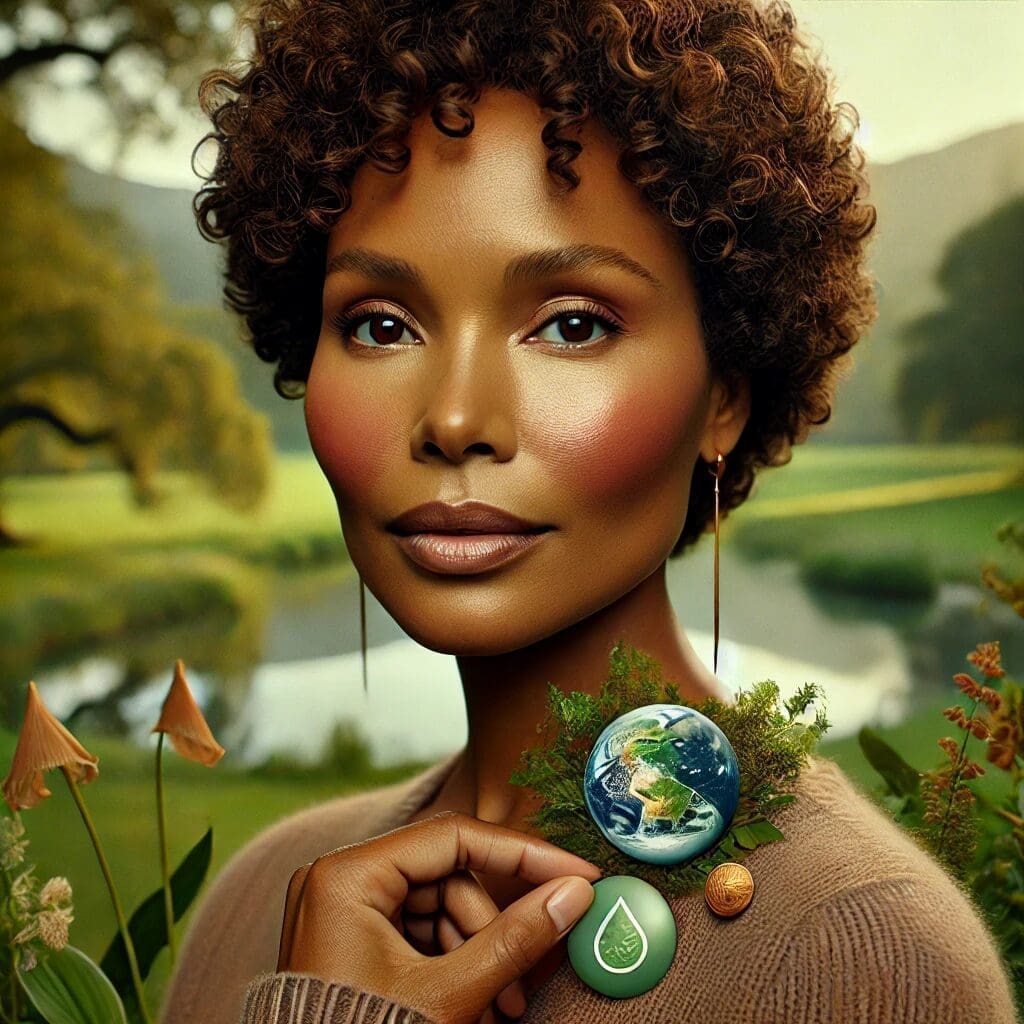
Climate Change Threatens Women’s Economic Security | What Now?
As a mother of three daughters, I find myself increasingly worried about the world they’re inheriting. Climate change isn’t just an abstract concept or a distant issue—it’s here, and it’s affecting lives, particularly women’s lives, in deeply personal and troubling ways. Beyond its physical effects, climate change is quietly undermining women’s economic stability, health, and opportunities. Here, let’s take a moment to examine how this crisis specifically impacts women and what we can do to advocate for a climate-resilient future.
The Economic Toll of Climate Change on Women
When I think about how the climate affects women’s lives, I remember stories from Hurricane Katrina and Hurricane Maria. These disasters didn’t just upend lives in a general sense; they took a toll that women, especially single mothers and women of color, often felt the hardest. After Katrina in 2005, African American women and single mothers were less likely to recover financially than other groups, largely due to systemic barriers and the caregiving responsibilities many carried (Institute for Women’s Policy Research, 2005). This makes me think about the vulnerability women experience in the face of climate crises and how important it is to strengthen support systems for women in times of environmental stress.
The economic impact of these disasters is profound. Women often find themselves shouldering additional unpaid caregiving responsibilities when disasters displace families or disrupt communities. For example, in the aftermath of Hurricane Harvey in Texas, women took on critical roles in family support and community relief efforts. This unpaid labor, while essential, limits women’s economic opportunities and financial independence, making recovery even more difficult.
Health Risks Amplified by Climate Change
Climate change doesn’t just threaten our environment—it has severe implications for women’s health. Rising temperatures, for example, are associated with increased risks for pregnant women. Studies, including one published in Nature Climate Change, have found that extreme heat events contribute to higher rates of preterm births and pregnancy complications (Nature Climate Change, 2020). These health risks don’t just threaten women’s well-being—they threaten their economic security.
For women in low-income communities, who often lack access to comprehensive healthcare, climate-related health issues add yet another financial burden. This feels personal to me as a mother; I imagine women having to make impossible choices between paying for health care and supporting their families. It’s clear that women’s economic resilience is linked to climate action, especially for those already vulnerable due to healthcare access disparities.
Real Stories: Women as Caregivers and Climate Change
I’ve seen how, in the face of climate events, women are frequently the caregivers who support children, the elderly, and even neighbors. In Puerto Rico, after Hurricane Maria, women-led organizations like Casa Pueblo took charge, providing food, energy, and medical supplies. Without their efforts, recovery would have been even slower, and many families would have suffered in isolation. I can’t help but admire the strength and resourcefulness women show in times of crisis. However, this unpaid caregiving comes at a cost to their own economic well-being and often goes unrecognized.
A 2019 report from the Global Women’s Institute revealed that during climate disasters, women perform 2.6 times more unpaid labor than men (Global Women’s Institute, 2019). Imagine having to reduce paid work hours or even quit your job to care for loved ones after a disaster. For many women, this sacrifice is a painful but necessary reality, one that leaves them economically vulnerable.
Climate Resilience Begins with Women’s Voices
Despite the challenges, women continue to lead and create resilient communities. Women’s insights, especially around caregiving and health, offer unique perspectives on climate resilience. In Puerto Rico, organizations led by women have proven that community-centered resilience can work. Women’s voices bring solutions that prioritize health, family, and sustainability—all essential in building resilient communities.
If we want effective climate solutions, we need policies that represent women and acknowledge their roles in family and community life. This isn’t just a matter of fairness; it’s a matter of survival. For myself, as a woman and a mother, I feel compelled to raise my voice for a future where women are part of the climate solution, not sidelined by it.
Moving Forward: Practical Actions for Resilience
Here are a few ways we can collectively work toward a more resilient future for all women:
1. Support Economic Policies for Climate Resilience: Advocate for policies that recognize women’s economic needs in climate response efforts, such as relief grants for single mothers, affordable healthcare, and climate-resilient job training.
2. Demand Equal Representation in Climate Policy: Women’s voices—especially those from marginalized communities—should guide climate solutions. Their lived experiences with caregiving, economic stability, and health challenges offer essential insights.
3. Promote Accessible Healthcare: Advocate for accessible healthcare in areas at risk of climate events, including prenatal care and mental health services for women recovering from climate-related trauma.
4. Embrace Sustainable Practices: Each small act—conserving energy, reducing waste, supporting eco-friendly products—adds up. Sustainable choices can alleviate some of the burdens that climate change imposes on our communities.
Reflection Questions
•How has climate change affected you or women you know?
•What role do you believe women should play in shaping climate resilience?
•How can we push for policies that protect women’s economic security in the face of climate change?
Engage with Us
Share your thoughts in the Her She Squad members-only forum @ https://wealthgreatnessgroup.com/groups/her-she-squad/forum/her-she-squad-2/ and let’s explore ways to support each other in building a resilient, climate-secure future for all women.
By understanding and addressing the specific ways climate change impacts women, we can work together to create a future that values and protects our economic security, health, and resilience. Our voices matter, and standing together, we can make real change.


Responses